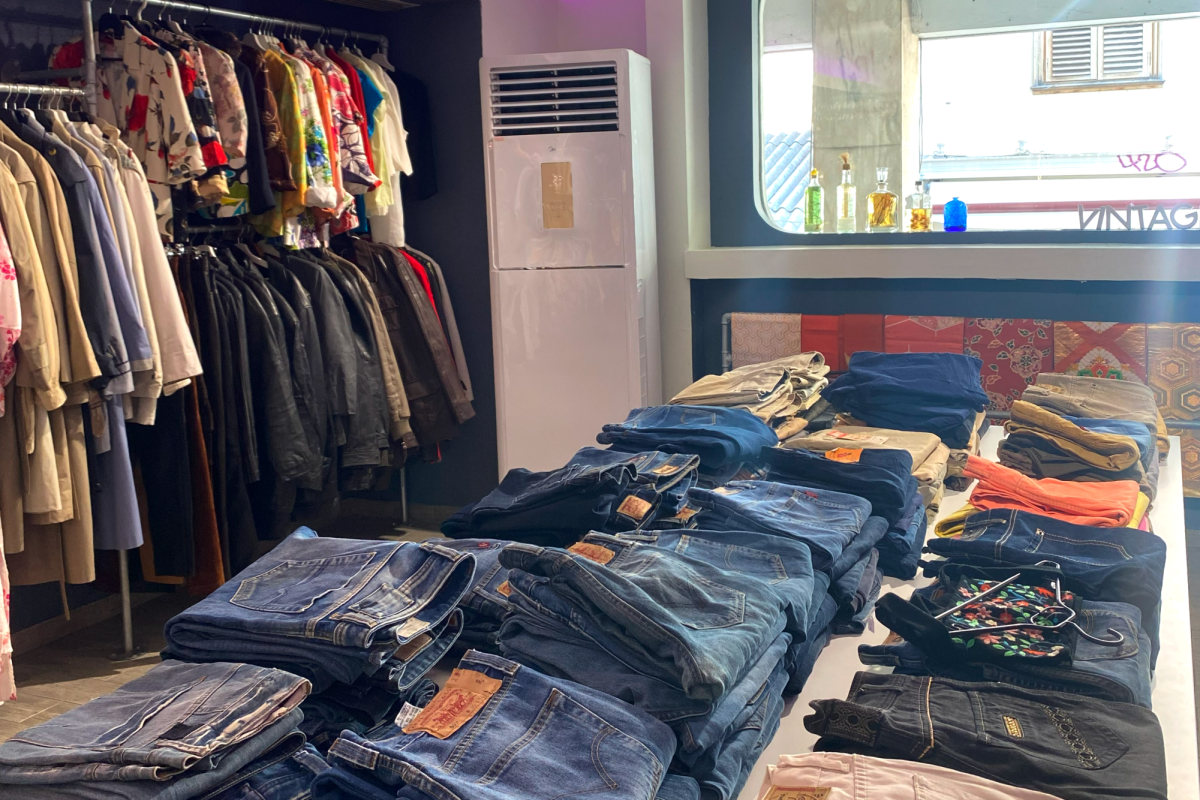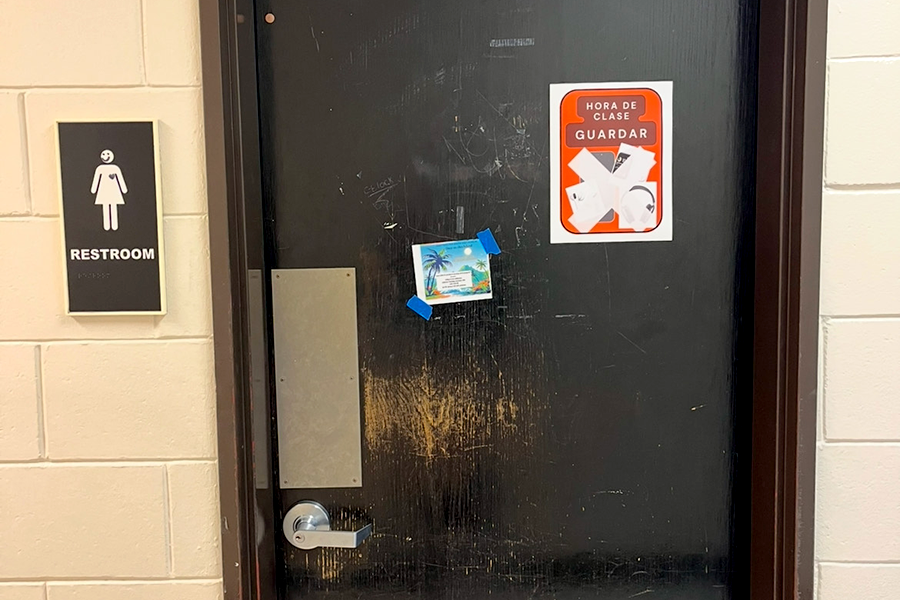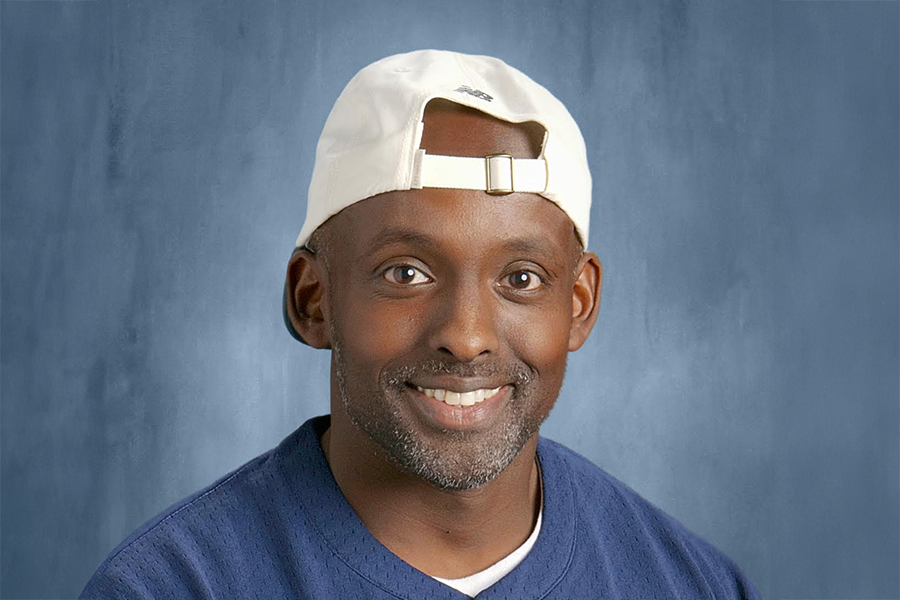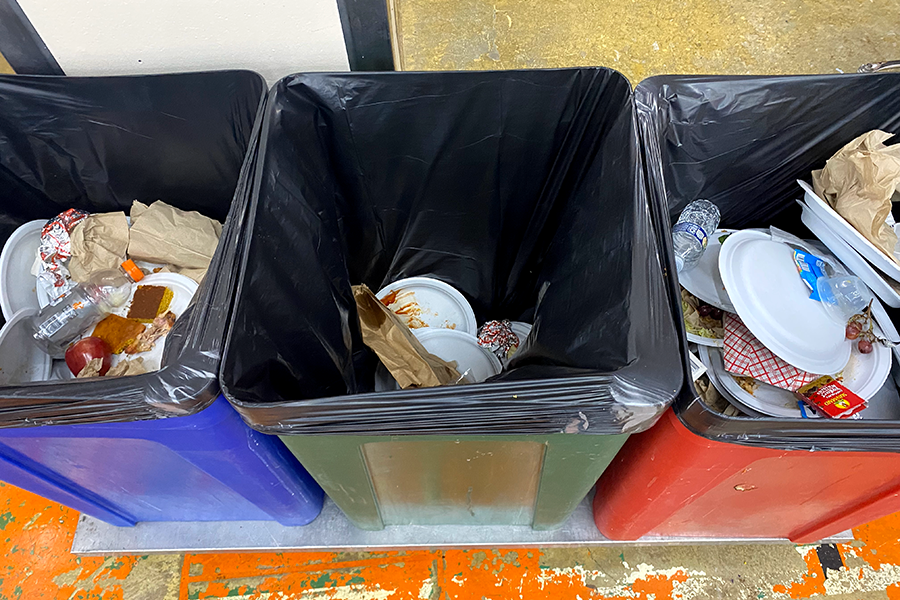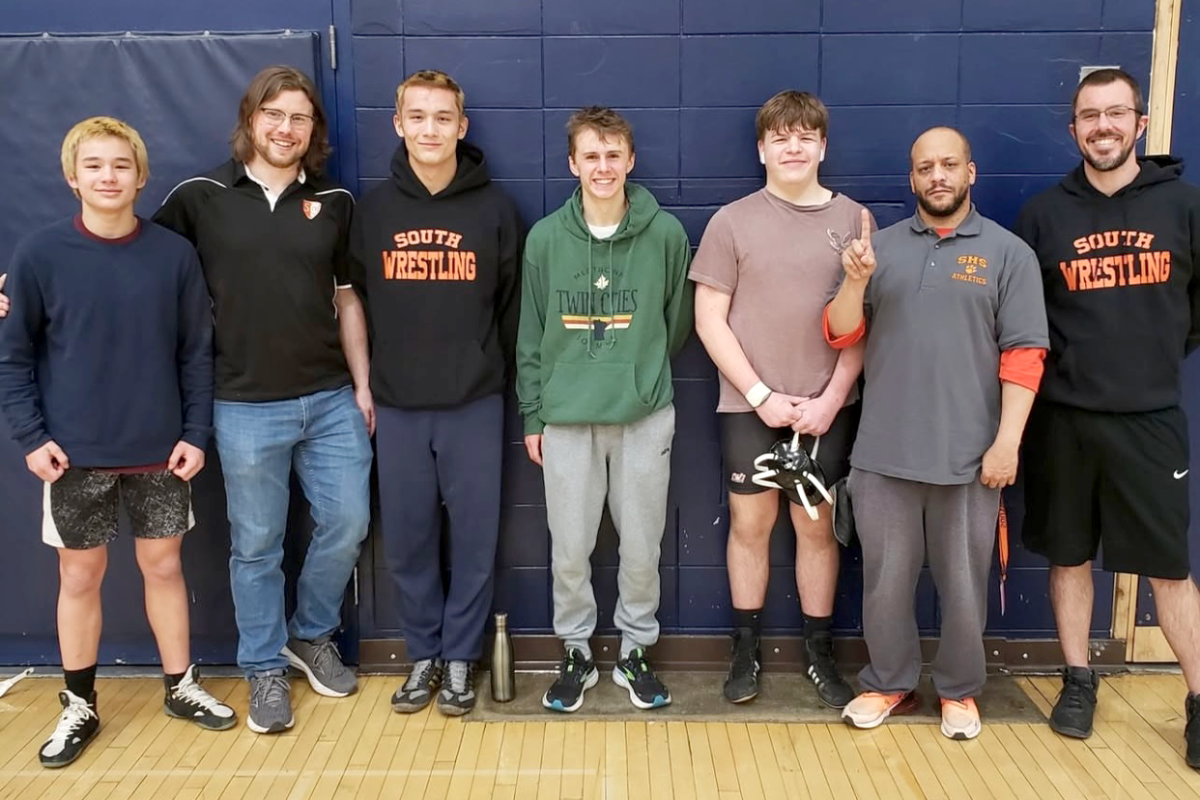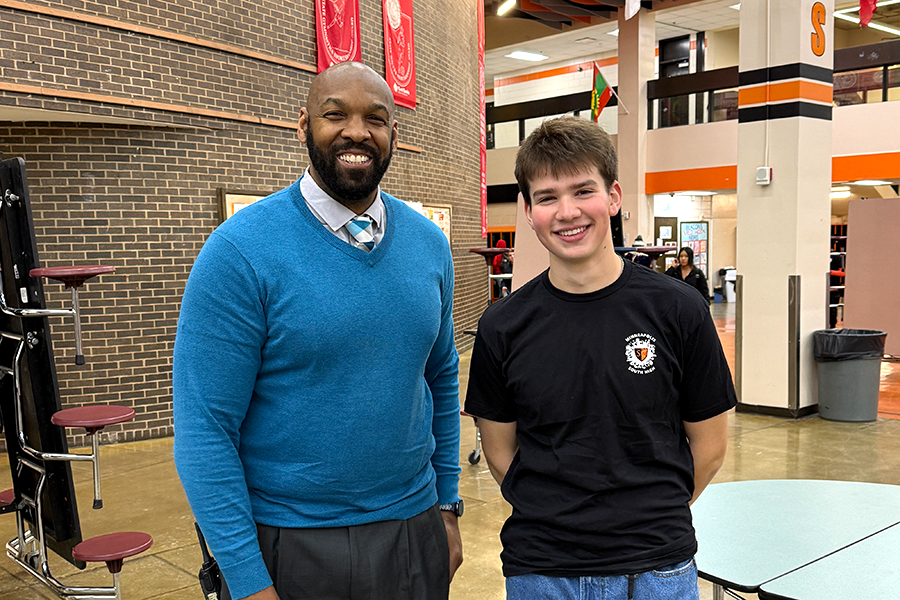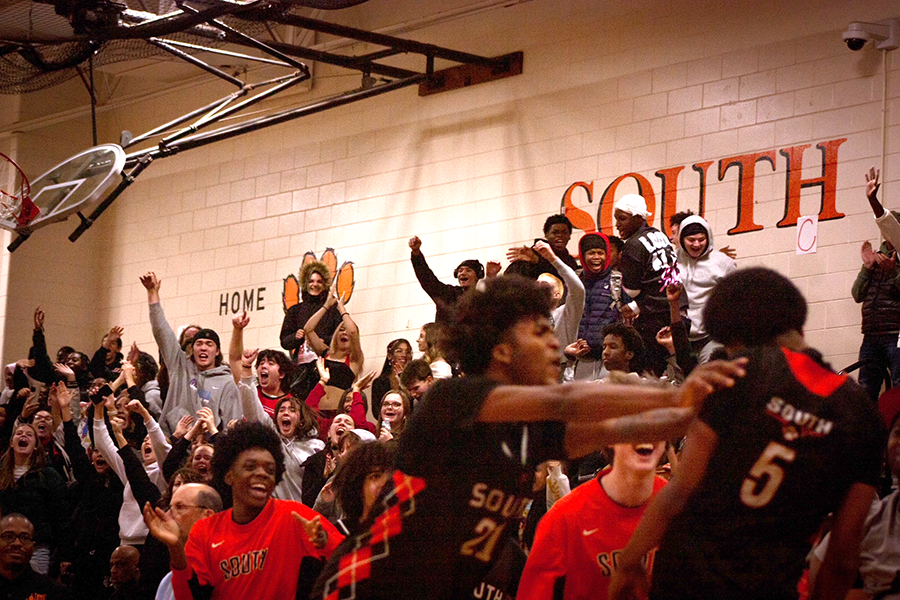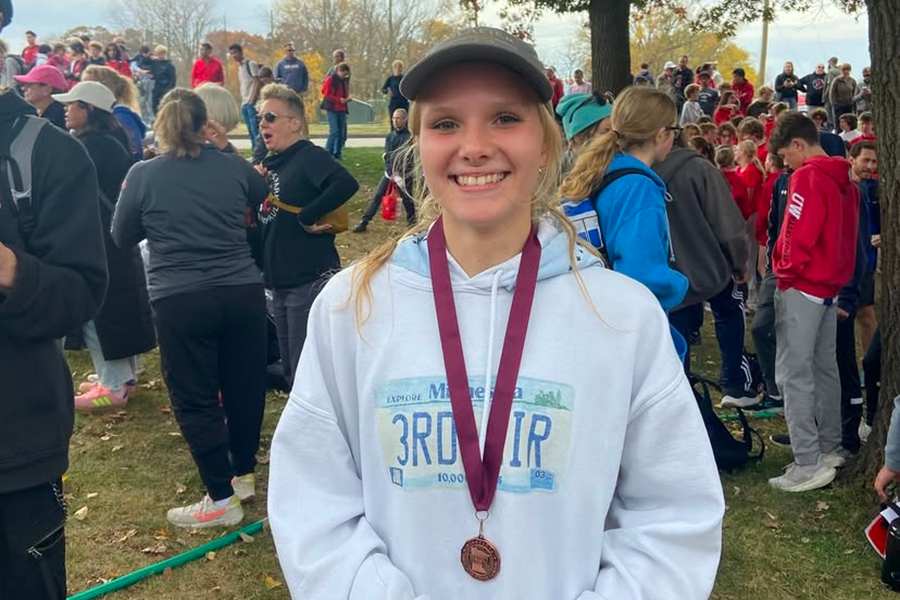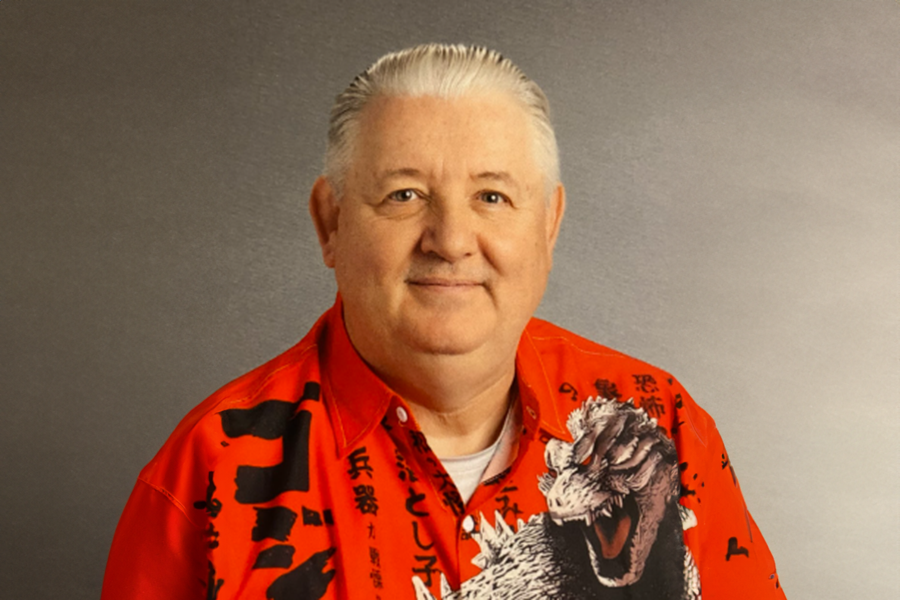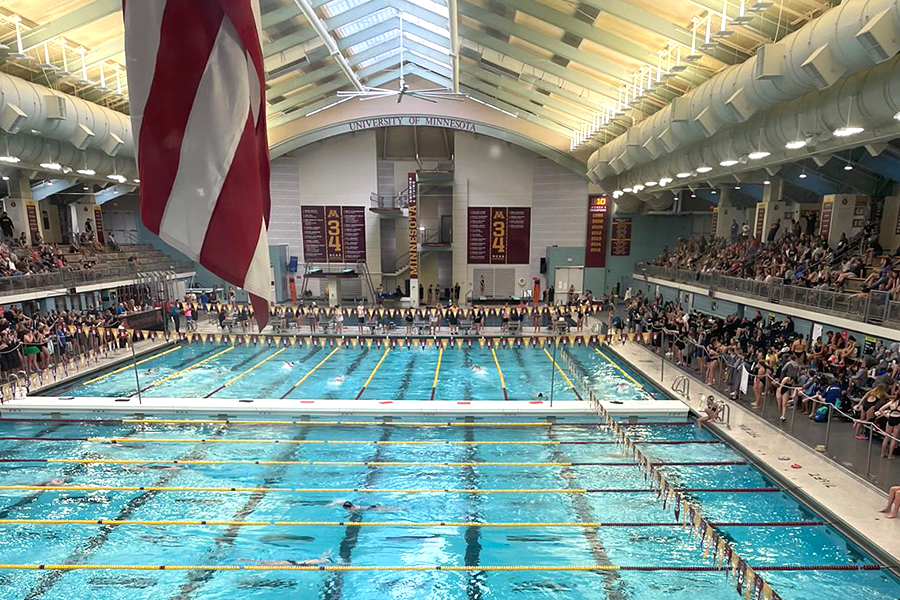Alcohol has long been present in high school social circles, and deaths from alcohol poisoning and drunk driving accidents account for over 30,000 deaths annually nationwide, according to Century Council. But many athletes choose to risk expulsion from their sport team as well as other risks inherent in the consumption of alcohol. To some, it may seem ironic that so many students choose athletics to achieve a healthful body and mind but also choose to ignore the rules set in place and drink, on- and off-season.
Alcohol has numerous physiological effects, including dehydration and a lowering of reflexes, that are detrimental to student athletes. Samantha (not her real name), a senior at South who participates in two school-sponsored sports, thinks that the positive aspects of drinking outweigh the negative consequences if you are smart about it. “If you drink a lot of water and don’t [drink] the night before a game or anything, you’ll be fine,” said Samantha.
Another senior athlete at South, Tom (not his real name), said he doesn’t drink or smoke before games or practices, though he will if it doesn’t interfere with his sport. “It definitely affects you if you’ve been drinking the night before,” commented Tom, “but sometimes after a Friday game its good to go out and celebrate as a team.” This celebration almost always involves drinking and smoking, according to Tom.
However, according to the Notre Dame Office of Alcohol and Drug Education, the negative effects of alcohol haunt athletes longer than many of them think. Not only does the sleep deprivation that often follows excessive drinking inhibit muscle growth and recovery, but depressed mental activity and low levels of energy often stay with a person for up to three days following a night of heavy drinking.
In addition, the athletic department at South, not to mention U.S. law, strictly prohibits the use of alcohol or drugs among their athletes and enforces a minimum two-week suspension if a student is caught drinking. Many coaches have lost promising athletes to alcohol abuse because they were forced to kick them off the team when they were caught drinking. According to track and field Coach Mark Gross, “I’ve lost the best of the best to this stuff.”
One junior athlete, Jackson (not his real name), who has had run-ins with the law during the season, has expressed his regret, saying, “I’m not sorry I was drinking, I’m sorry I got caught.” This sentiment is popular among some athletes, “the punishments are just too strict,” added Jackson.
Tamba Johnson, the men’s soccer coach at South, has also had athletes caught drinking. During their suspension, players have missed out on key games, according to Johnson. Both Gross and Johnson agree that the punishments are in place for a reason. Students may choose to drink but, according to Johnson, “student athletes are expected to be leaders.”
Gross thinks these disciplinary actions are appropriate because part of being an athlete is learning to “respect your body”. “You’re an athlete, you can’t do these things and expect to compete at a high level,” added Gross.
Drinking is undoubtedly a large part of social life in high school, and South is no exception. According to Brent (not his real name), a Senior, this is a big part of why he drinks. “It’s really hard to stay friends with people who drink when you don’t,” he remarked.
“So many people drink”, added Samantha, “that it’s hard to find something to do on a Friday night if you’re not willing to drink.”
Mitchell Erickson, a senior captain of the men’s soccer team, disagreed with this sentiment saying, “It really isn’t true that you can’t have a social life without drinking.” He added that “you can still go have fun without drinking even when other people are.”
But how much of this really goes on in athletic programs at South? According to Tom, a lot more than the coaches think. “I don’t think they have any idea of how much [drinking] goes on in their programs,” said Tom. But according to Gross, coaches do know what goes on in high school.
“I can look at my star athlete and say ‘yeah, he probably parties’,” said Gross, adding that coaches do see it affecting their athletes.
Though coaches may be aware of their athletes’ actions, it’s not always simple to monitor each athlete. The chief difficulty, according to Johnson, is that “you can’t spend all your time policing their personal lives.” Since students usually don’t drink before practice or games, it makes it difficult for the coaches to do anything about it. “The fact is,” said Johnson, “we can’t go home with them, and we can’t make sure they don’t drink.”
Even students who don’t drink, such as senior ski team captain Chace Russell, often feel pressured to do so. This is how many athletes end up drinking in the first place, according to Angela (not her real name), a senior who plays two sports. “I was introduced to it by other [athletes] who had started earlier than me,” said Angela. Brent had a similar experience. “The first time I ever went to a party, I was invited by older kids from my team,” he said. “A lot of sports have this sort of drinking culture behind them.”

